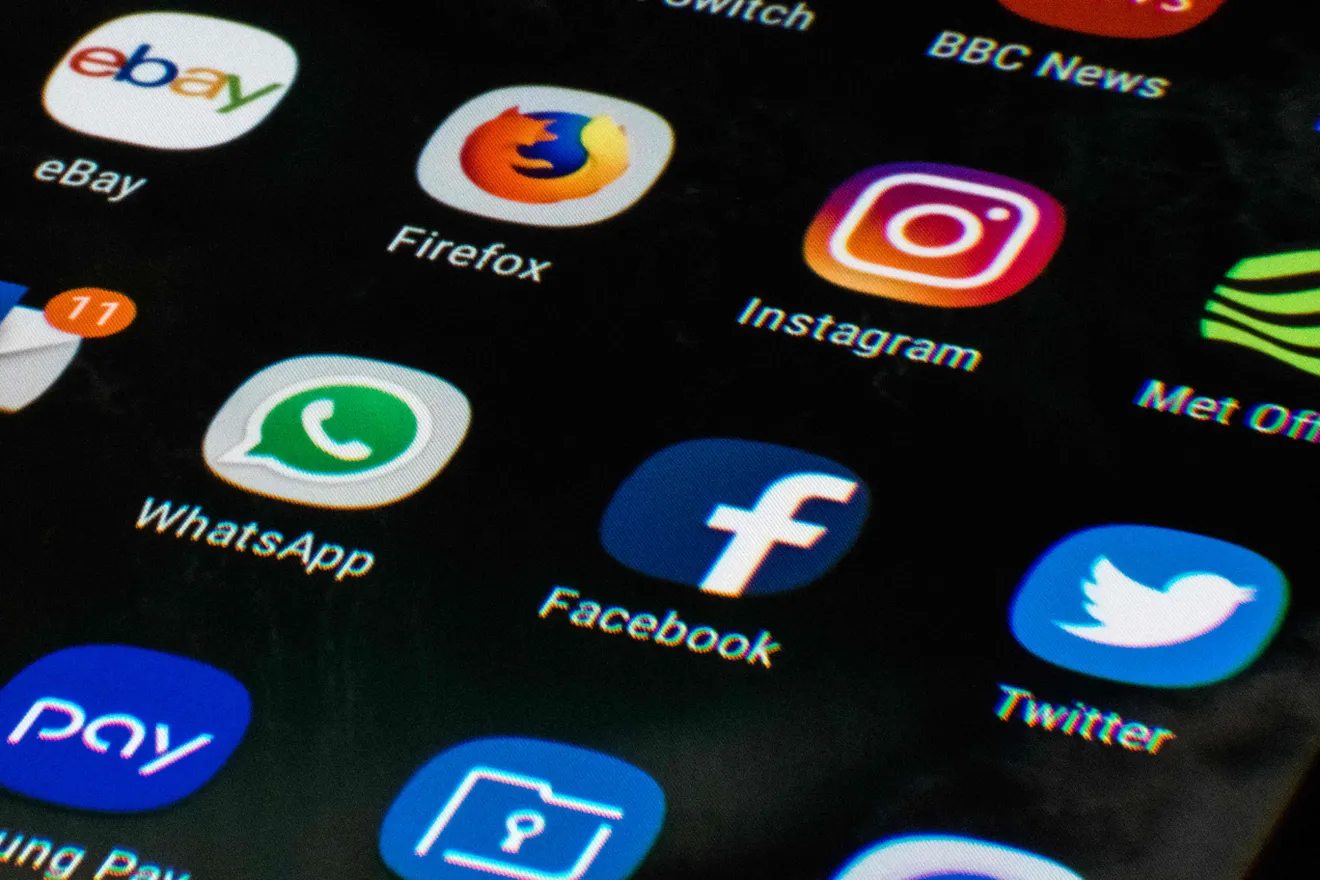Learn how delaying smartphone ownership for teenagers promotes mental wellbeing, academic achievement, healthy technology habits, and better real-world family relationships.
Curious if restricting smartphones and social media helps or harms your tween’s development? The data shows delayed access protects adolescent mental health and focuses attention on schoolwork.
How Delaying Smartphone Use Benefits Teens – A Path to Healthier Development
The age of smartphones and social media has brought an unprecedented level of connectivity and information to our fingertips. However, increased access to technology also affects adolescents in profound ways that parents should thoughtfully consider. Setting reasonable limits around smartphone ownership and social media use not only protects teens but also teaches invaluable lessons for living purposefully in the digital age.
Mental Health Should Be the Top Priority
The mental health crisis among American teens continues to escalate at an alarming rate. According to a 2023 advisory from the US Surgeon General Dr. Vivek Murthy, a key driver relates to excessive and uncontrolled social media consumption from an early age.
The data clearly shows deteriorating youth mental health tied to unrealistic portrayals of peers’ lives online, distorted self-perception, and uncontrolled social comparison. The pressure to portray perfect versions of themselves leads to anxiety, depression, and thoughts of self-harm. Setting firm guidelines around social media helps teens focus on real-world relationships and activities critical for healthy development.
“Our children deserve to grow up in the real world rather than be consumed by the superficial world of social media likes.” says Christine Schueckler, a college student who greatly benefited from her parent’s strict social media rules growing up.
Prioritizing Personal Interactions Has Long-Term Benefits
It’s understandable that no tween or teen wants to feel excluded from the latest social media craze or trending meme. However, parents can help their kids appreciate that quality in-person interactions with family and friends are far more valuable for well-being compared to scrolling feeds or chasing “likes.”
Spending over 7 hours per day online exposes teens to content they aren’t equipped to process both morally and emotionally. It also robs time better spent on schoolwork, developing personal talents, and good old-fashioned play.
Studies clearly show that activities like music, art, reading and sportsbuild crucial life skills and satisfaction. “These were the best gifts my parents gave me by limiting my screen time.” Schueckler affirms. “I credit my lifelong hobbies like singing, piano, and theater to those boundaries.”
Academic Achievement Relies on Focus
A 2022 study published in JAMA found that just one hour of daily social media use already negatively impacts academic performance in teenagers. The more their attention gets fragmented across apps and websites, the harder it becomes to deeply focus on learning.
When parents delay things like owning a personal smartphone and social media access, teens rely more on school computers and family devices. This built-in friction helps reinforce that these are tools to purposefully use versus mindlessly consume during free time.
Schueckler admits to sometimes feeling embarrassed about not having a smartphone growing up, but in hindsight appreciates always being more engaged in classroom learning than peers scrolling TikTok under their desks.
Parental Guidance Helps Set a Lifelong Example
In reality, everyone struggles to control their online behaviors, not just adolescents. Parents constantly complain about wasting too much time watching videos, mindlessly browsing, and doomscrolling negative news.
By setting limits and avoiding hypocritical overuse of personal devices, parents can model positive technology habits even in today’s digital world. Explaining online privacy risks, enforcing downtime, and engaging kids with real-world activities all guide teens toward healthier relationships with technology long-term.
“I won’t wait until my kids are older to set technology rules.” Says Schueckler. “Establishing these habits early will be essential for their wellbeing growing up surrounded by screens.”
Appreciation Comes from Understanding Limits
When schools provide stricter social media guidelines, teens may complain, but data shows better academic performance and improved mental health overall. The same applies to household rules that restrict personal devices and internet activities.
Of course teenagers will push back on limits, but research by child psychologists proves that consistent rules and enforcement from an early age help adolescents thrive. Understanding the intentions behind boundaries teaches teens how to manage their own behaviors in a world filled with endless digital temptations.
Schueckler admits “I hated my family’s strict technology rules when I was younger. Now in my 20’s however, I have tremendous appreciation for how those boundaries shaped me into a healthier and happier adult. My peers obsessed with smartphones and social media seem to constantly struggle with anxiety I simply don’t face.”
Final Thoughts on Supporting Teen Development
No one questions the reality that driving a vehicle, drinking alcohol, or gambling carry risks for youth under certain ages. There is now clear evidence that excessive and uncontrolled use of smartphones and social media platforms also jeopardize adolescent wellbeing.
Parents have a responsibility to set reasonable limits on technology to protect developing minds, encourage human interaction, and teach self-control in the digital age. With an invested effort to prioritize real relationships over superficial “likes“, both children and families thrive.
The path of most resistance for parents leads to the greatest rewards for teens facing a complex future filled with screens and social validation triggers. Having the courage to delay smartphone ownership, restrict social media apps, and enforce offline activities gives teenagers room to grow into balanced and capable digital citizens.
Share examples in the comments of how you keep your teens safe online while allowing age-appropriate independence. Check back for more research-based perspectives.






